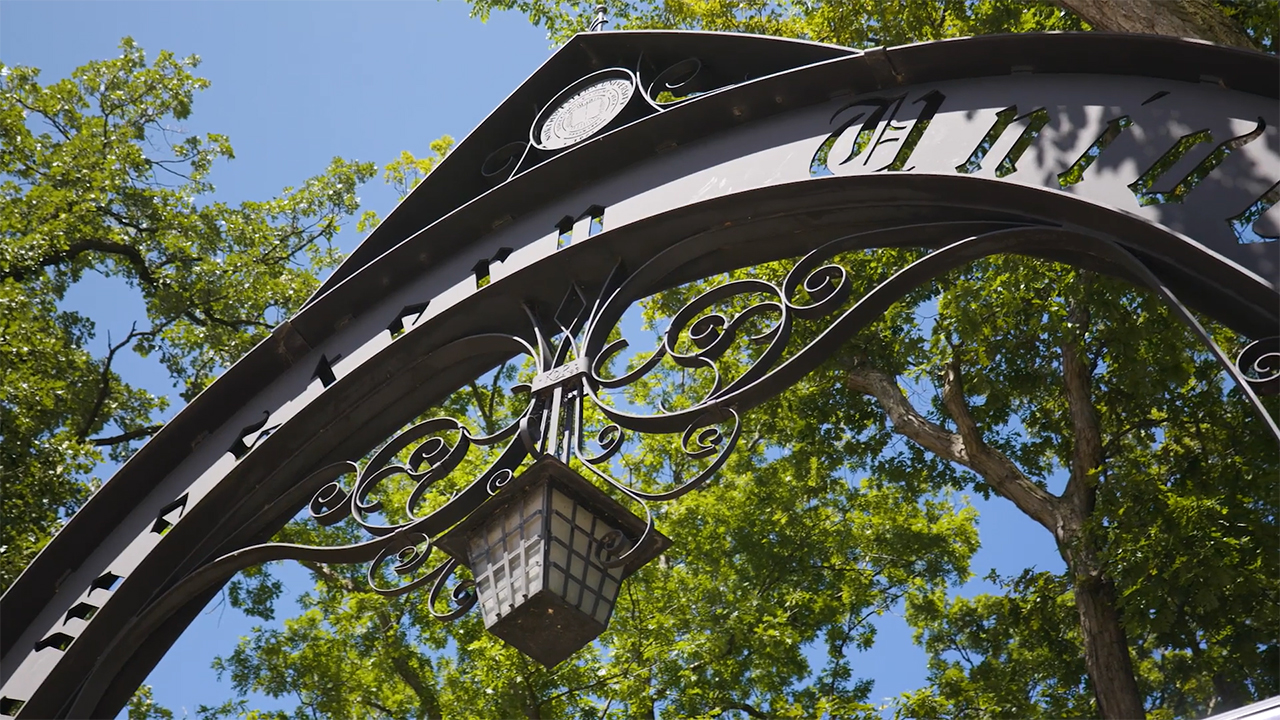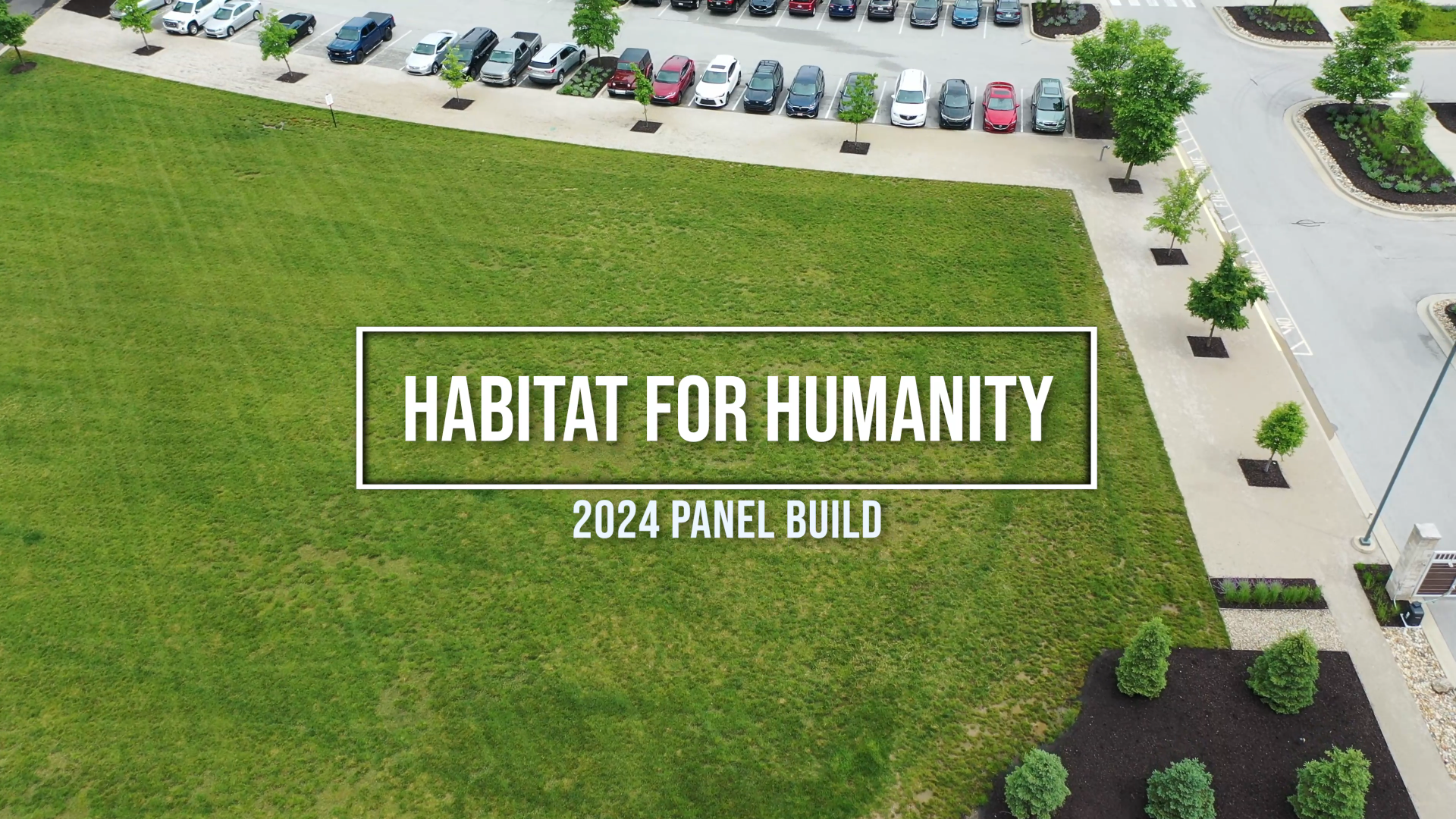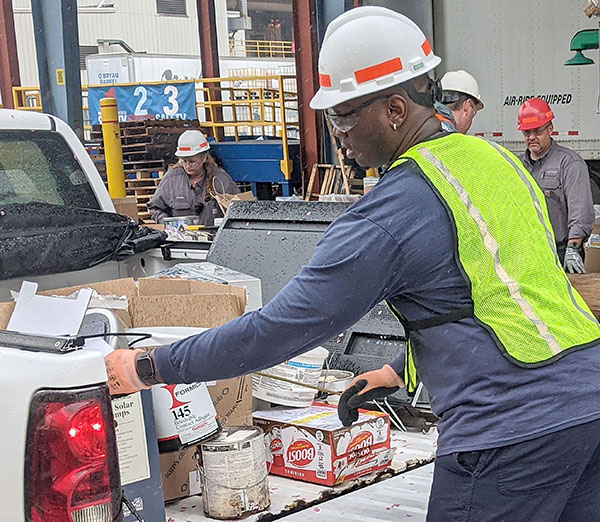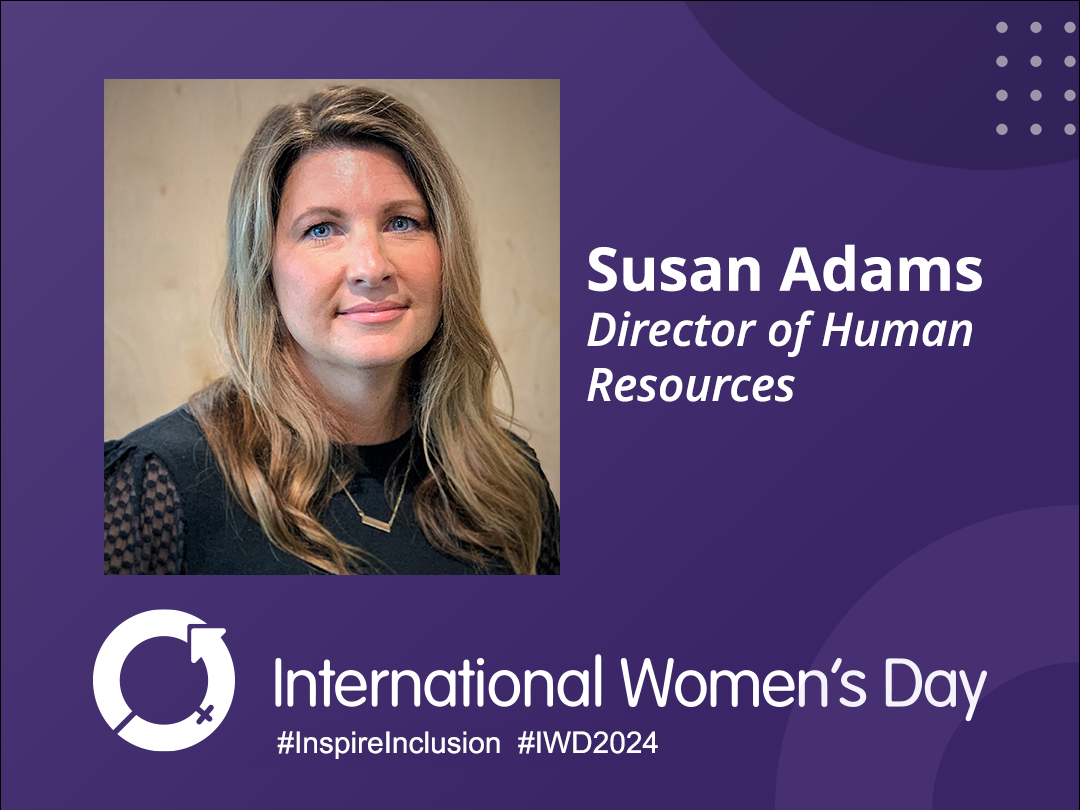
“As you push the envelope of research, so too are you looking at a lot of different hazards,” explained Benjamin Williams, Ph.D., MSPH, Chemical Hygiene Officer at Northwestern University. Research at his university spans a variety of areas, including medical, biological, or energy system research – all of which produce waste. “That’s where Heritage comes into play. Not only helping the laboratories deal with that waste and collect it, but how we dispose of it.”
Heritage Environmental Services provides onsite services for Northwestern University. With chemists onsite every day, Heritage provides valuable support for managing the wastestreams of the university while uncovering opportunities for efficiency and safety improvements. “Heritage has been active here at the university since October of 2017. I like to think of us as the people who solve problems for Research Safety,” Derek Ferguson, Technical Services Project Manager for Heritage said.
While Derek is employed by Heritage, he’s based on the Northwestern University campus. Staff like Derek have allowed the effectiveness of their support to be multiplied at the university, as they are viewed as part of the Northwestern organization. He said, “It’s very nice to be at the start of those conversations when it comes to waste disposal and waste minimization.”
A major success of the partnership between Heritage and Northwestern can be seen through the data model that has been developed over time. By logging wastestream activity and trends across their facilities and research industries, the team has been able to better plan for the future of Northwestern’s waste generation. Michael B. Blayney, Ph.D., Executive Director of Research Safety at Northwestern University said, “This model significantly reduces risk for the university.”
Having seen success from such a model, Derek recommends this approach and recognizes the importance of regular data review. In his recent presentation given at the College and University Hazardous Materials Management Conference in Dallas, Texas last month, Derek shared that such a data model can not only help you understand where you have come from, but also sometimes forecast where you are going.
“To have Heritage say to us, ‘Hey, we were looking at this activity or this wastestream – here’s something we could do to improve efficiency,’ it gives us the ability then to provide services in the field that help facilitate safer science. That’s a remarkable value-added proposition for us.” Michael said. Derek emphasized that waste generation processing metrics are a leading activity in hazardous waste management and should not be simply put away after the work is done.
The opportunities generated by this onsite partnership are not only furthering research but creating a safer world. Michael said, “I’m impressed every day, every week, by the dedication of the Heritage staff to do a good job, to do the right job, to be consistent in the work they do, to help us maintain a compliance-ready status at all times.”
You can learn more about our partnership with Northwestern University and our onsite capabilities by watching the video below. You can also contact us to speak with a Heritage team member to better understand how you can build a model for your campus or organization.
More News From Heritage
-
6/27/24
Heritage Environmental Services to Acquire EBV from General Dynamics
Heritage Environmental Servicess, an EQT Infrastructure portfolio company, will acquire EBV from General Dynamics
-
6/13/24
Meet The Facilities – East Liverpool
An inside look at our incineration facility located in East Liverpool, OH
-
5/24/24
Habitat for Humanity 2024
Heritage hosted our 14th annual Habitat for Humanity build this month, partnering with over 50 employees from various THG companies.
-
5/6/24
Date set for the household hazardous waste collection in East Liverpool, Ohio
-
3/12/24
Equal Pay Day – Spotlighting Our Female Drivers
-
3/8/24
International Women’s Week Spotlight – Shannon Dippel
For International Women's Week, we're spotlighting some of the incredible women in the Heritage family. Our final spotlight is Shannon Dippel.
-
3/8/24
International Women’s Week Spotlight – Susan Adams
For International Women's Week, we're spotlighting some of the incredible women in the Heritage family. Our sixth spotlight is Susan Adams.
-
3/7/24
International Women’s Week Spotlight – Lea Wilson
For International Women's Week, we're spotlighting some of the incredible women in the Heritage family. Our fifth spotlight is Lea Wilson








